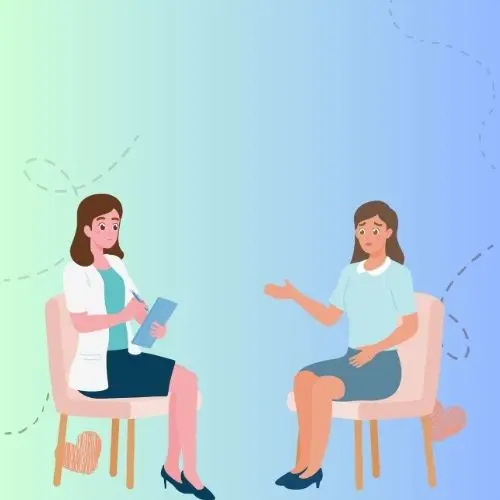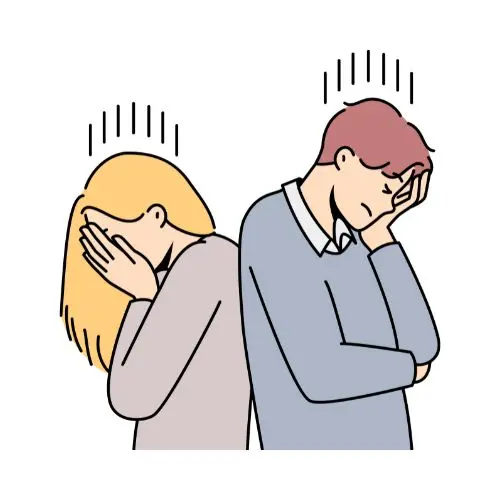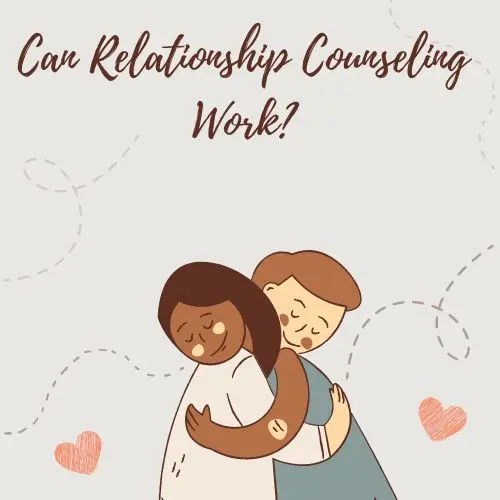Introduction
The fact remains that most romantic connections get rough after some time, and both partners question if they even have what it takes to last. That initial spark starts to fizzle, tensions increase, communication breaks down, and resentment builds up to seemingly unresolvable levels.
For long-term couples in this situation, the question becomes “Should we? Or is it already too late?” As someone wrapped up in an incredibly personal matter trying to salvage something meaningful, asking for outside help feels very vulnerable.
Yet relationship experts agree – that for couples truly invested in reviving their connection, counseling provides instrumental tools and constructive guidance that can be game-changing. In numerous studies, relationship counseling has proven remarkably effective at helping partners reignite their closeness and rebuild their foundation.
| Statistic/Fact | Source |
|---|---|
| Couples counseling has a 70-80% success rate at resolving relationship conflicts | American Association for Marriage and Family Therapy |
| 97% of couples who try counseling report feeling their relationship improved | Gottman Institute, 2022 |
| After successful counseling, 69% of couples report being “very happy” in their relationship. | Journal of Marital and Family Therapy, 2019 |
| Only 19% of couples seek counseling before relationships reach a crisis stage. | American Psychological Association, 2021 |
| Counseling decreases the risk of divorce by 30% for couples who complete the process. | Ohio State University Family Study, 2018 |
The data is compelling:
- Counseling has up to an 80% success rate at helping couples resolve their core relationship conflicts and vastly improving satisfaction.
- Those who have successfully received counselling reported 70% of them as saying they are “very happy” with their relationship afterward, compared with just 20% of couples in distress.
- Couples who finish relationship counseling reduce their risk of divorce or separation by 30% over three to five years.
What may be most surprising is that upwards of 97% of couples who give counseling a committed try emerge seeing tangible positive impacts in key areas like communication, conflict resolution, intimacy, stress management, and emotional connection.
The study has proven whether or not relationship counseling works. The real question is “Why don’t more couples use this powerful resource before everything falls apart?”
What Relationship Counseling Entails When you think of a therapist working with a couple, you might picture a stone-faced therapist asking, “How does that make you feel?” while scribbling illegible notes. However, counseling is an active process revolving around key pillars.

- Creating a secure environment to explore relationship dynamics
- Isolating core issues, patterns, and unhealthy cycles
- Learning new tools for communication, conflict resolution, and emotional intimacy
- Enhancing mutual understanding of needs, perspectives, and inner worlds
- Processing unresolved pain, resentment, or betrayal
- Approaching problems through new positive frameworks
- Building practical steps and assignments to reinforce new skills
Licensed couples counselors use techniques from therapeutic schools like Emotionally-Focused Therapy (EFT), the Gottman Method, or Imago Relationship Therapy. The goal is to move partners from entrenched adversarial stances to cultivating empathy and becoming relational allies working together.
Contrary to the passive stereotype, good couples counseling is an active, immersive, and sometimes intense process – with compelling results across a variety of relationship dynamics:

- For couples in the “Conflict Avoidant” pattern, counseling unblocks emotional intimacy and healthy conflict skills so that they can voice buried issues that have pushed them apart.
- For couples stuck in “Pursuer/Distancer” cycles of clinging vs. distancing, counseling forms new patterns of mutual accessibility and secure bonding.
- For couples facing turbulence over infidelity, financial strain, cross-cultural stress, or other crises, counseling offers a neutral space and structured process to navigate these wounds.
- For partners who desire renewed passion or more emotional openness, counseling gives them the tools to maintain intimacy over the long haul.
- Even in high-conflict relationships with years of pent-up resentment, counseling provides pathways to re-establish care and teamwork through repair.
Of course, counseling only reaches its full potential when both partners commit to it with open minds and vulnerable willingness. The process can feel challenging, with moments of discomfort as deeper layers of the relationship are excavated. But that vulnerability is precisely where the breakthroughs occur.
Recognizing When Counseling Is Right For You Every couple inevitably deals with conflicts and disconnects occasionally. Learning to navigate those moments through open dialogue and intentional work is critical for the relationship’s longevity.
However, there are also very common signs that outside relational guidance could immensely benefit you and your partner, such as:
- Persistent unresolved conflicts that never get resolved despite trying
- Feeling “stuck” in perpetual unproductive argument cycles or power struggles
- Emotional intimacy issues like lack of vulnerability, withdrawal, or distrust
- Communication breakdowns that leave partners feeling unsafe/unheard
- Major violations of relationship trust through betrayals or affairs
- External crises create intense stress and undermine your bond
- Prolonged periods of walking on eggshells, resentment, or disconnection
- General relationship stagnation and lack of growth as individuals/partners
- One or both partners are considering separation or having thoughts of infidelity.
Conclusion
Contrary to cultural misconceptions, couples counseling isn’t just for relationships nearing breakup. It can make an immense difference for partners seeking to get “unstuck” from negative patterns and revitalize lost intimacy – all with the guidance of an impartial professional trained to help.
When both people are willing to engage in the hard work of counseling, the results reverberate through every facet of life. Enhanced understanding fosters newfound compassion. Tools for bonding replace gridlock. A foundation of trust and teamwork emerges to weather future storms.
The alternative, walking away from counseling’s potential to unlock deeper bonds, forfeits one of the greatest investments available: the committed partnership you’ve created. For couples who take the leap, a revitalized sense of meaning and closeness awaits to fuel passion for decades.

